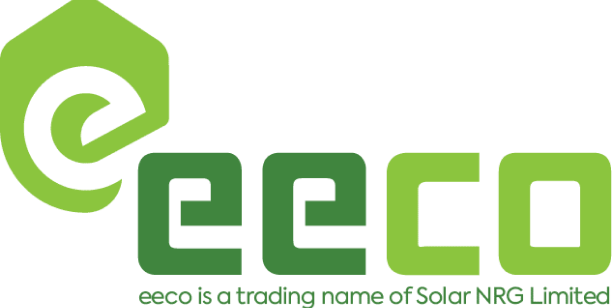The Shift to Renewable Energy in Northern Ireland
Northern Ireland is undergoing a significant transformation in its energy sector, with a growing focus on renewable sources. This shift is essential for creating a sustainable energy economy and involves key players like EirGrid Group and SONI, who manage the electricity transmission and distribution systems.
Key Renewable Energy Sources
- Solar Power
- Overview: Solar panels convert sunlight into electricity. Though Northern Ireland experiences variable sunlight, solar energy is increasingly used to supplement household energy needs.
- Benefits: Reduces electricity bills and environmental impact.
- Challenges: Production varies with weather, and storage can be costly.
- Wind Power
- Overview: Wind turbines generate electricity from wind, making it the largest renewable energy source in Northern Ireland.
- Benefits: Major contributor to renewable energy with low operating costs.
- Challenges: Depends on wind patterns, which can be inconsistent.
- Biomass Power
- Overview: Biomass energy is produced from organic materials like wood and waste.
- Benefits: Utilizes waste materials and is relatively cost-effective.
- Challenges: Requires a steady supply and may involve emissions.
- Geothermal Energy
- Overview: Uses heat from the Earth’s core for electricity and heating.
- Benefits: Reliable and sustainable.
- Challenges: High initial costs and requires specific geological conditions.
- Hydropower
- Overview: Generates electricity from flowing water, with small-scale systems in use.
- Benefits: Stable and low-emission.
- Challenges: Environmental impacts and requires suitable water resources.
- Tidal Turbines
- Overview: Captures energy from tidal movements.
- Benefits: Predictable and reliable.
- Challenges: High installation costs and potential marine impacts.
Current Status and Challenges
- Renewable Energy Share: As of late 2021, 42.1% of Northern Ireland’s electricity came from renewable sources, with wind power contributing the largest share.
- Heat Targets: Achieving renewable heat goals has been challenging due to financial and regulatory issues.
Why Choose Renewable Energy?
- Advantages: Reduces electricity costs, is eco-friendly, and benefits from ongoing technological advancements.
- Disadvantages: High initial setup costs and dependence on weather conditions.
Conclusion
Northern Ireland’s transition to renewable energy is essential for a sustainable future. Despite some challenges, the benefits of renewable sources like solar and wind make them a valuable investment for reducing costs and environmental impact.
For more information on solar panels for your home or business, contact us at 02891 270279 or email hello@eeco.energy.


